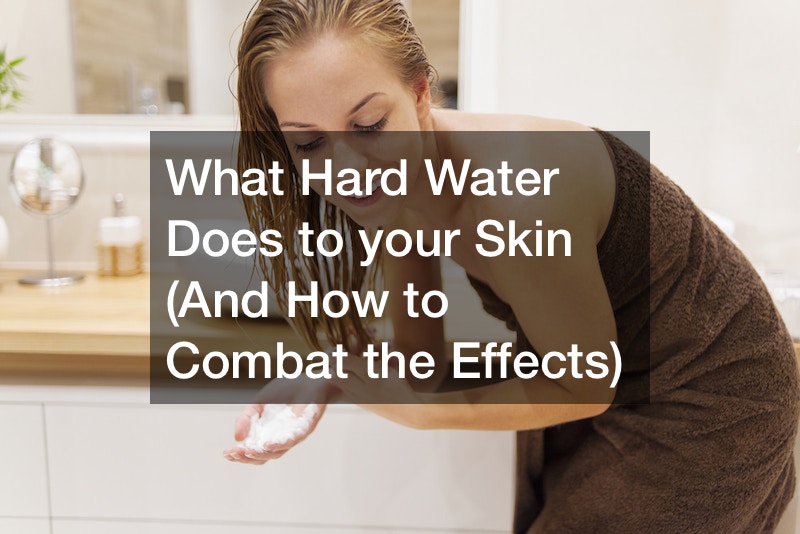Apply toothpaste. These substances, along with hard water, increase the skin’s sensitivity. if the skin barrier is damaged, problems such as dry, itchy, sensitive, with flaky, inflamed skin are more likely to manifest. An aqueous-hard-water mix can be a cause of skin irritations such as blackheads and whiteheads. The same process can cause severe psoriasis or eczema. If your skin is more vulnerable to rashes or infections, it could be the sign of a compromised skin barrier.
The high alkalinity of hard water is another problem. Hard water can cause it to become more acidic than it normally is. The natural functions of the skin are disrupted, making it more susceptible to the spread of infection pathogens. It is said that Dr. Simon Danby is the main author of this study. He found that people affected by eczema feel sensitivity to hard water more often than those who have healthy skin.
The defective filaggrin gene is responsible for the increased sensitiveness, which is present in about fifty percent of those suffering from the condition known as eczema. The areas that are most susceptible to damage on the skin are those with the most weakened skin. So, any eczema treatment and skin rejuvenation treatments should be targeted at these regions. Researchers have found an incredibly strong connection between children suffering from atopic eczema as well as those living in areas that have hard water. According to the study”Hard water softening effects on baby cleansers, ‘there have been similar results reported among Japanese and Spanish kids who reside in areas that have hard water.
Hair and Scalp
The hard water can cause dryness or itching as well being a rise in the sensitivity of your skin. Your hair could lose color or shine. An investigation conducted by PSG Institute of Medical Sciences and Research PSG Institute of Medical Sciences and Research entitled “Scanning electron microscopes of hair treated with hard water” illustrates that hard water may cause your hair to lose its color and shine.
p7z9brjhis.
